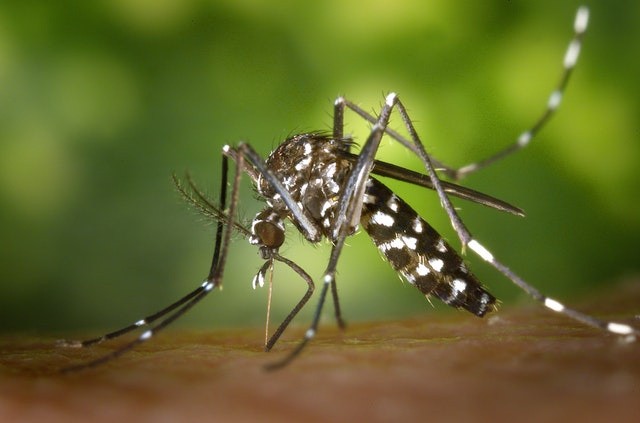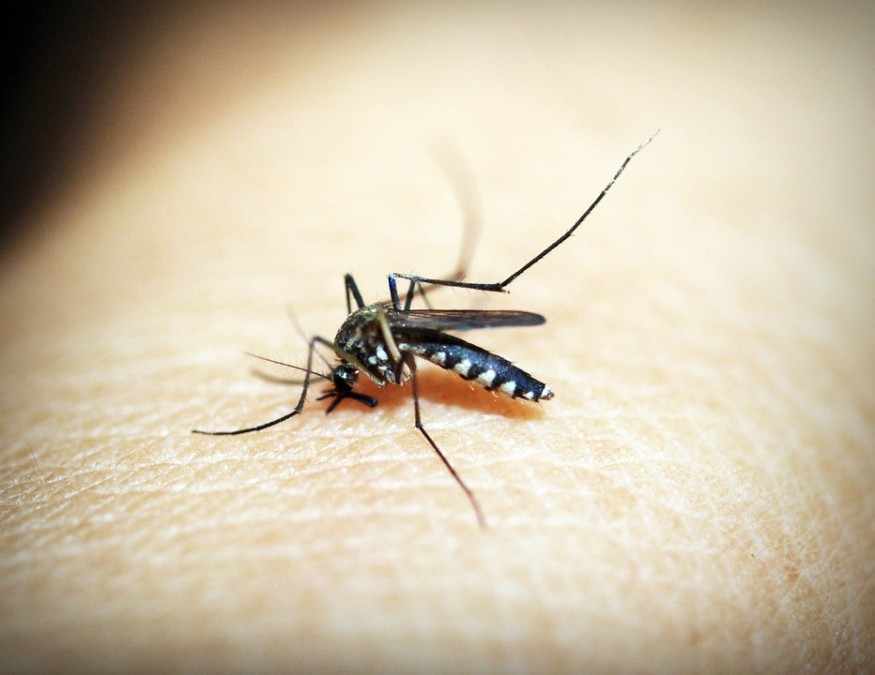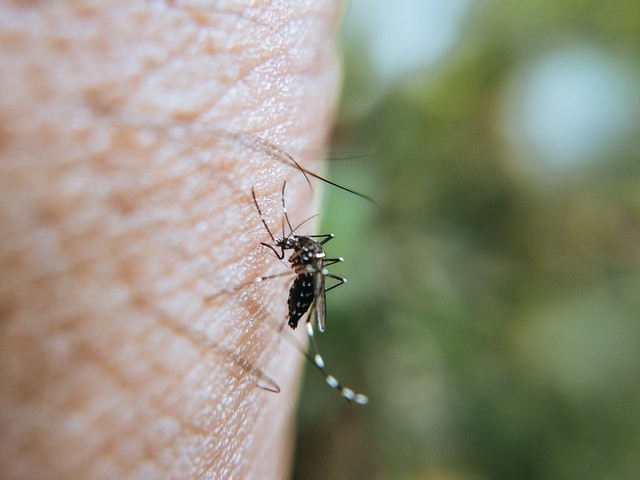A biotechnology company has launched genetically modified mosquitoes in the open air for the first time in the United States, after a decade of battling for regulatory clearance and general recognition. The trial, which began this week in the Florida Keys against local opposition, is testing a strategy for controlling colonies of wild Aedes aegypti mosquitoes, which can spread diseases like Zika, dengue, chikungunya, and yellow fever.

Field Tests

The mosquitoes were previously field-tested in Brazil, Panama, the Cayman Islands, and Malaysia by Oxitec, a company headquartered in Abingdon, UK.
Despite the fact that the country previously allowed tests of a genetically engineered diamondback moth (Plutella xylostella) in New York and an engineered pink bollworm (Pectinophora gossypiella) in Arizona, no genetically engineered mosquito had been trialed in the United States due to a circuitous series of regulatory decisions and pushback from Florida residents (see 'A long road'), no genetically engineered mosquito had been trialed in.
"When something fresh and revolutionary comes along, a lot of people's first instinct is to say, 'Wait,'" says Anthony James, a molecular biologist at the University of California, Irvine, who studies bioengineered mosquitoes. "So it's a huge deal that [Oxitec] was able to get the litigation off in the United States."
Aedes Aegypti

In the Keys, a chain of tropical islands off the southern tip of Florida, Aedes aegypti makes up about 4% of the mosquito population. According to the Florida Keys Mosquito Control District (FKMCD), which is working closely with Oxitec on the initiative, it is responsible for virtually all mosquito-borne diseases spread to humans in the area. The project's researchers and technicians will unleash non-biting bioengineered male Aedes aegypti mosquitoes to breed with the wild female population responsible for biting prey and spreading disease. The males that have been genetically modified possess a gene that is passed on to their offspring and kills female progeny in the early stages of development.
Related Article : After Rapid Advancements in Covid Vaccine, Malaria Vaccine Follows Suit
Genetically Modified Offspring
Instead of dying, male offspring may become carriers of the gene and carry it down to subsequent generations. The Aedes aegypti population should decrease as more females die.
Location
Project researchers positioned boxes containing Oxitec mosquito eggs at six locations in three areas of the Keys in late April of this year. During the first two weeks of May, the first males are supposed to emerge. For the next 12 weeks, almost 12,000 males will leave the boxes. According to Oxitec, nearly 20 million mosquitoes would appear over 16 weeks in a second step later this year to gather more results.
Insect Problem

Insecticides, which are heavily used in the United States to manage insect pests, are being replaced by genetically modified mosquitos. As a result, mosquitoes that are immune to insecticides have evolved.
According to Kofler, who has been watching this project for years, many of the questions derived from the uncertainty of new technology. Oxitec has been interacting with residents in the Florida Keys to address questions. They illustrated, for example, why female mosquitoes carrying the lethal gene have a very poor chance of reproducing. However, according to Kofler, several people are skeptical about what they're hearing because it's coming from a corporation.
Kofler hopes that adequate data is collected to determine the mosquitoes' effect, particularly on other Keys species and local habitats, and that it is achieved "in a straightforward, and in a manner that can make certain community members feel better about the whole thing."
For more health and medicine related news, don't forget to follow Nature World News!
© 2026 NatureWorldNews.com All rights reserved. Do not reproduce without permission.





